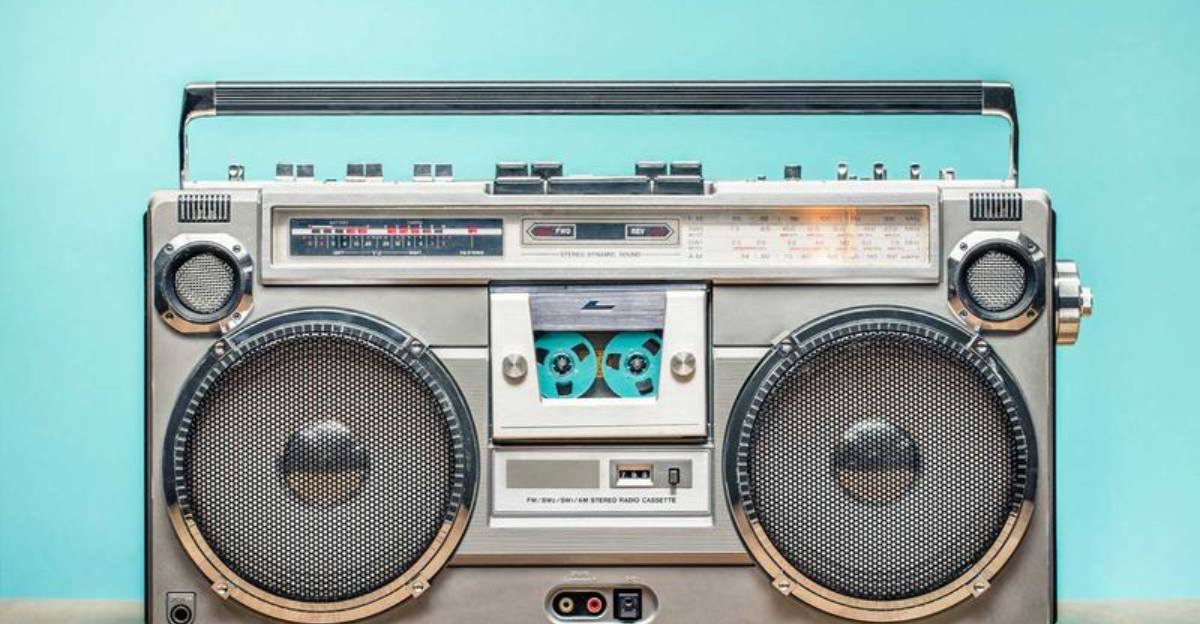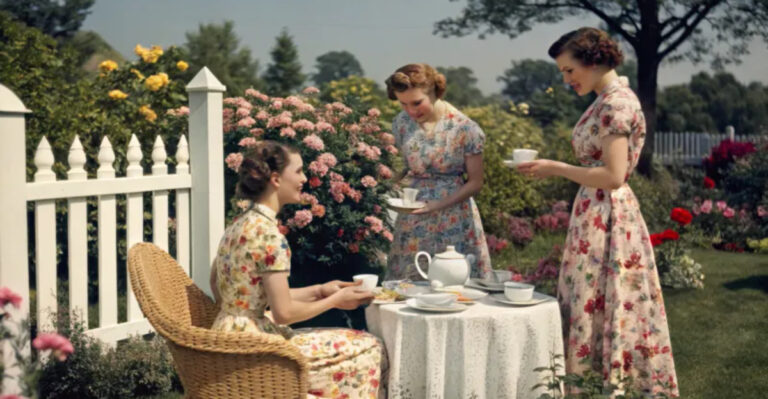18 Sounds Boomers Heard All the Time That We Rarely Hear Anymore
Some memories don’t live in photos — they live in the sounds that shaped a generation. For Baby Boomers, life had a whole background playlist, filled with clicks, buzzes, dings, and thuds that just aren’t around anymore.
If you grew up in those years, you know: these sounds weren’t just there, they were woven into your days and nights. Each one had its own energy, its own story, and maybe even a little drama (because honestly, life was never quiet).
Hearing them again would spark something deep — not just nostalgia, but that familiar feeling of being right at home, even if just for a second. Today, so many of these iconic noises are fading, replaced by silent screens and digital pings.
Let’s talk about the sounds that made growing up magical (or at least noisy) and why remembering them matters. Ready for a trip down memory lane?
1. The clack and ding of a typewriter
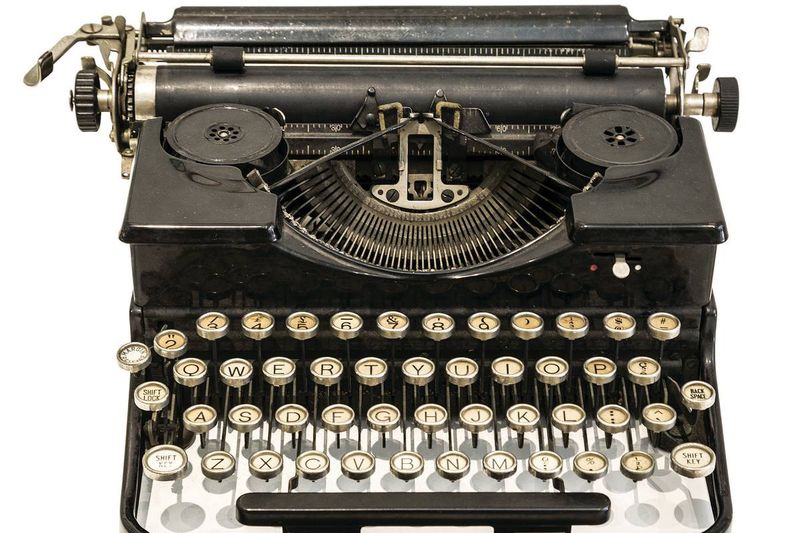
There’s just something about the confidence of a typewriter’s clack that a computer keyboard can’t touch. Each key pressed rang out loud, practically demanding attention — especially that satisfying little “ding” at the end of a line, letting you know it was time to shift over.
It wasn’t just a tool; it was a whole mood, one that made every letter, every report, feel kind of important. There was a subtle rhythm in the way you’d strike each key, the carriage sliding back for the next sentence. Typos? Oh, those were a problem, because there was no easy fix — White-Out was your best friend.
You might even remember the smell of inked ribbons, and the way the machine felt heavy and real. Nowadays, that symphony of sound is long gone, replaced by the faintest clicks and endless quiet tapping.
2. The whir and thump of a rotary dial telephone
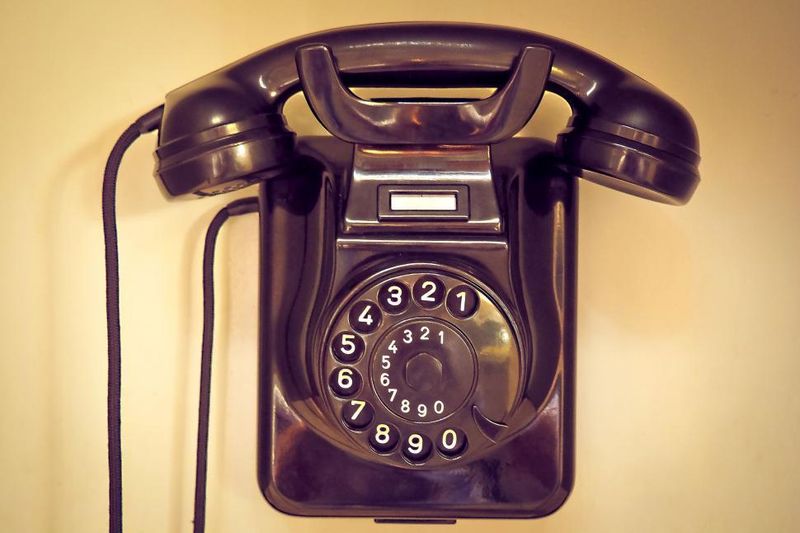
Rotary phones weren’t just about making a call — there was a whole process. The whirring spin of the dial, the chunky plastic under your fingertips, and that firm thump as the dial zipped back to start again. You heard every single digit, and dialing a long number was kind of dramatic.
Mess up on the last digit? You’d get that extra groan, because starting over was non-negotiable. The sound was a mix of anticipation, hope, and sometimes, pure frustration.
There’s no charming ringtone with these relics: just that solid, mechanical sound echoing through the room. Today’s touchscreens are silent, but back then, even calling your best friend had its own soundtrack. If you ever hear that rotary thump now, it’s basically a time machine.
3. The flap of a newspaper hitting the porch at 6 a.m.
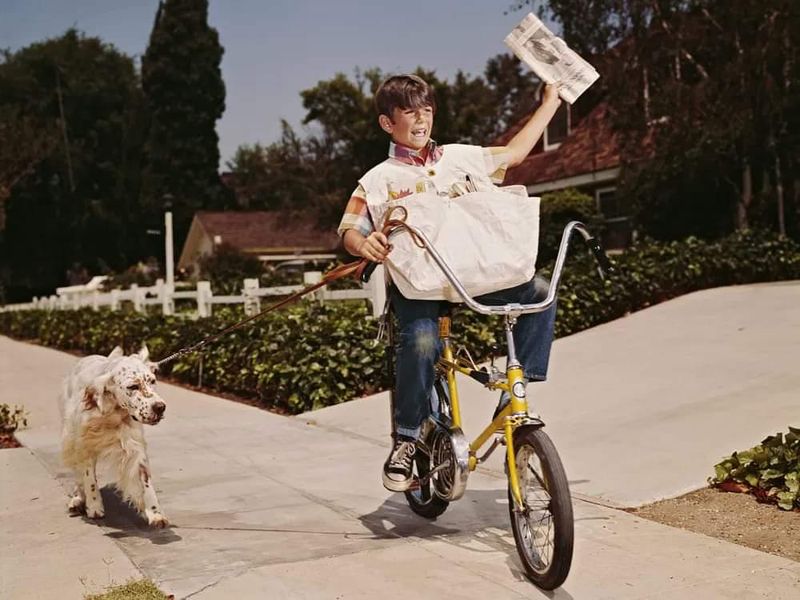
Before the world went digital, mornings began with the thud of a newspaper flying onto the porch. That single sound was like a wake-up call, shattering the quiet before the coffee started brewing. It meant Dad would soon be rustling pages and Mom would scan the headlines while buttering toast.
Sometimes the paper landed perfectly; other times it bounced off the steps, but you always heard it. For kids, it was a signal that the day had officially begun. Those of us who delivered papers remember the pride (and freezing fingers) that came with that morning job.
Now, it’s rare to catch that familiar thwack on a driveway. With news feeds and alerts, the only thing dropping is your phone — and that’s nowhere near as satisfying.
4. The needle drop and gentle crackle of a vinyl record starting up
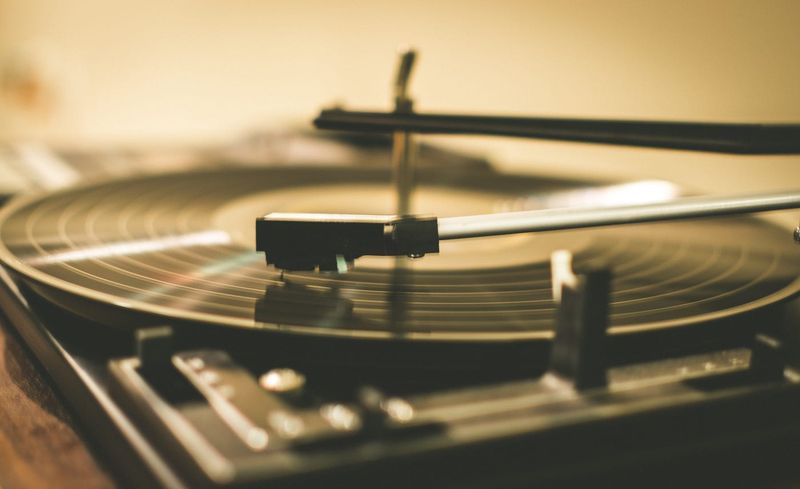
For music lovers, nothing matched the ritual: gently placing a record on the turntable, lowering the tonearm, and waiting for that magical crackle. The soft hiss before the song started wasn’t a flaw — it was the promise of something good about to begin.
There’s a warmth to the sound, a sense that you’re listening to music in its purest form. Every little pop and scratch told a story, proof the record had been loved and played again and again.
Streaming might give you endless options now, but it’s missing that little spark that made music feel close and alive. That crackle? It was like a secret handshake for Boomers who grew up spinning vinyl in their bedrooms.
5. The slap of cards being shuffled before a family game
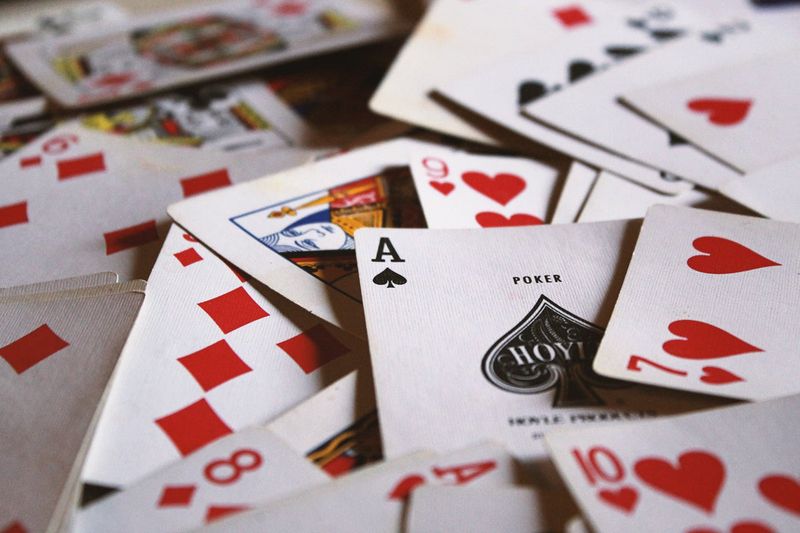
Every family game night started with that unmistakable snap and shuffle of cards. The quick flicks, the satisfying slap as the deck came together — it was a whole buildup to hours of laughter, teasing, and maybe a little friendly competition.
Playing cards wasn’t just about who won or lost. It was about aunties arguing over rules, grandkids peeking at each other’s hands, and the suspense building with every shuffle.
Today, games are often digital and silent, but nothing matches the anticipation of that first shuffle. The sound itself could send a kid running to grab a spot at the table. It’s a small thing, but it meant big memories.
6. The ker-chunk of a slide projector changing frames
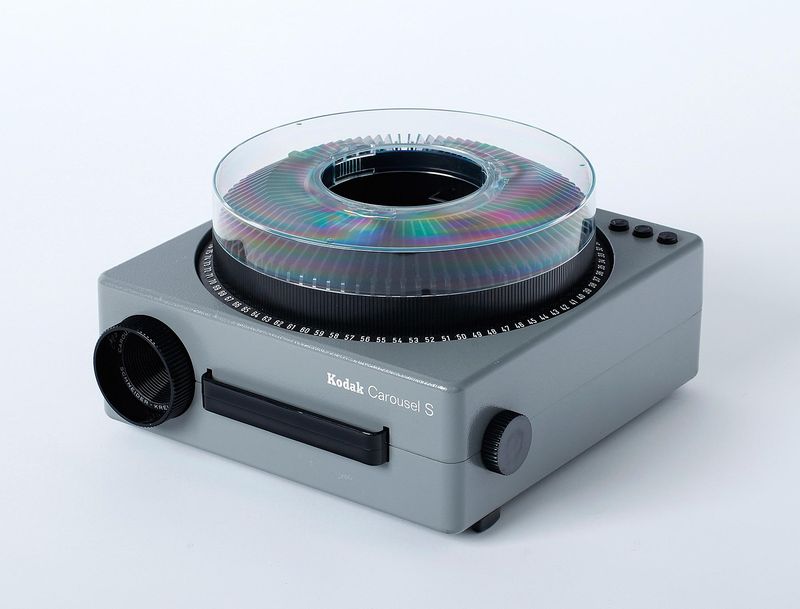
There’s no substitute for the drama of a slide projector at work. The low hum of the fan, the click of the lever, and that unmistakable ker-chunk as the next memory popped onto the screen — it brought vacation photos to life (cringey fashion and all).
Families would crowd together in a dark room, snacks in hand, groaning or laughing as each new frame appeared. Sometimes the slides jammed, and that just added suspense — would it be another beach shot or Grandma’s birthday?
PowerPoint may be efficient, but it’s silent and sterile. Back then, slideshows were an event, and that ker-chunk sound was the signal: get ready for a trip down memory lane.
7. The slam of a screen door in summer
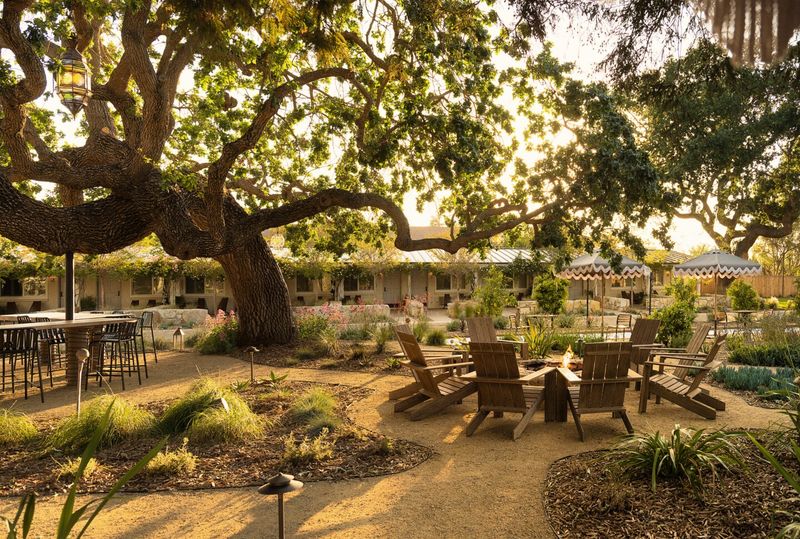
There’s something special about the way a screen door creaks open, hangs for a beat, then slams with a bang. It’s pure summer nostalgia: kids running in and out, parents yelling, “Don’t let the flies in!” and a rhythm that felt like freedom.
That sound meant bare feet on linoleum, lemonade on the porch, and long evenings where bedtime was mostly a suggestion. Sometimes the screen would rattle, adding its own little percussion to the mix.
These days, air conditioning and sealed doors keep the house quiet. But if you hear a screen door slam, it’s suddenly 1974 and you’re racing your siblings to the backyard.
8. The rattle of coins in a payphone drop slot
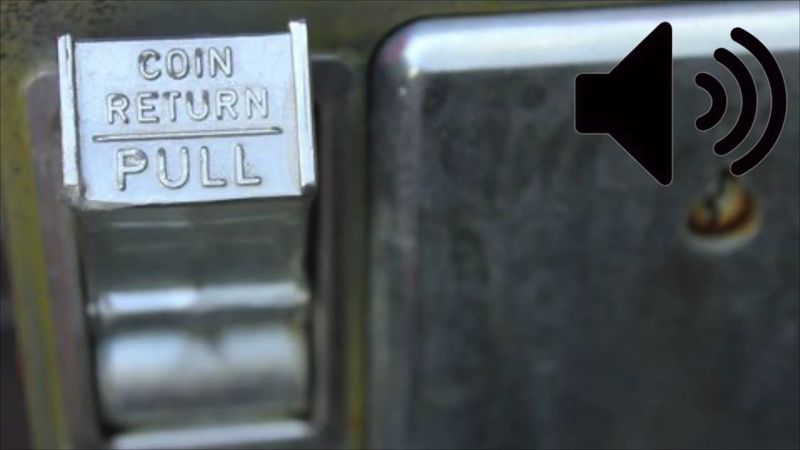
Freedom used to be a few coins in your pocket and a payphone on the corner. The metallic rattle as dimes and quarters slid down the slot was music to a teenager’s ears — the promise of calling home, a friend, or your crush.
You never really knew if your call would go through until that last clink echoed up, signaling you were connected. The sound meant urgency, decisions, or just passing the time before the bus showed up.
With cell phones everywhere, payphones are almost extinct. But for Boomers, the rattle of coins meant independence, and maybe a little taste of grown-up responsibility.
9. The buzz of a TV station signing off at midnight

Staying up late used to have a soundtrack: the national anthem, then the buzz and hiss of a station signing off. Suddenly, the happy noise of prime time vanished, replaced by color bars or pure static.
That moment was like the world putting itself to bed. No endless streaming options, just the signal that it was time to call it a night. You might even feel a little rebellious for staying up past the sign-off.
Nowadays, TV never really sleeps. But that midnight buzz? It was a strange comfort, a reminder that everyone else was heading off to dreamland too.
10. The flap-flap-flap of a filmstrip projector in school
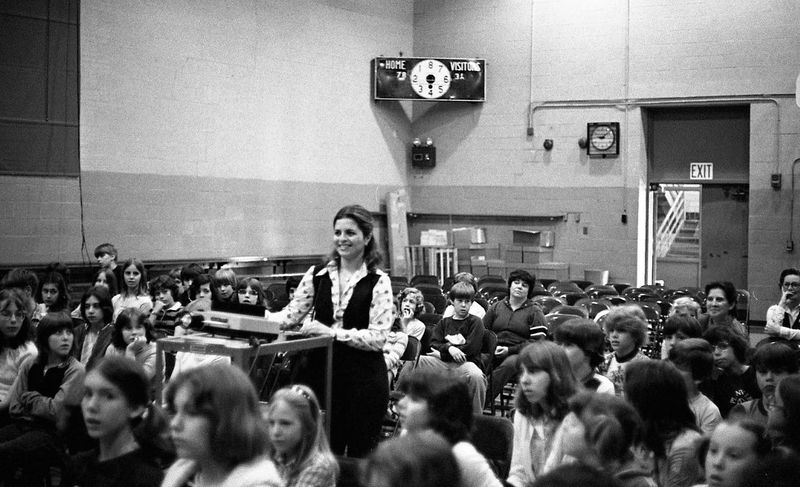
School days came with their own set of sounds, and the filmstrip projector’s flap-flap-flap was a classroom classic. You knew something different was happening — maybe a science lesson, maybe a goofy health video, but always a break from the usual routine.
There’d be the teacher fumbling with the machine, the hum of the bulb, and the beep that told one lucky kid it was their turn to turn the knob. The room would go quiet, everyone straining to hear and squint at the screen.
PowerPoint doesn’t hold a candle to the drama of those old filmstrips. The flap-flap-flap was the soundtrack of learning, Boomer-style.
11. The cha-ching of a mechanical cash register
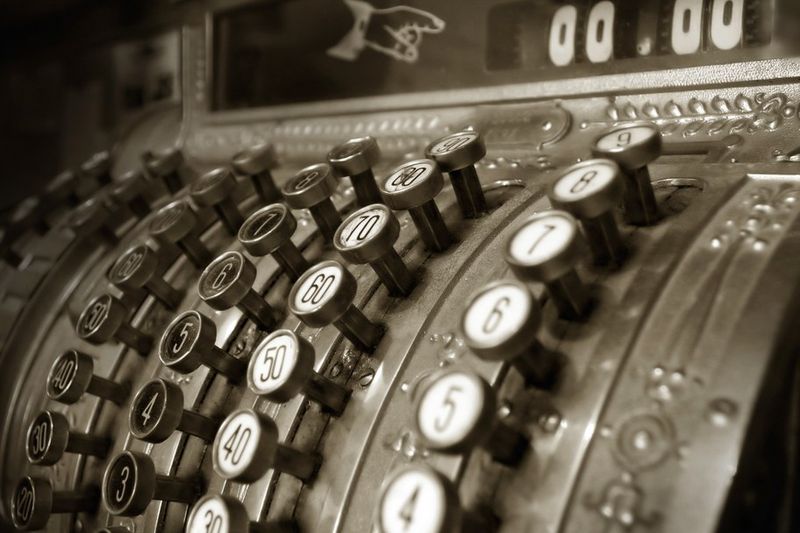
Nothing says “money in the till” quite like the dramatic cha-ching of a real cash register. That clang and slide as the drawer popped open was music to the ears of anyone working a summer job or shopping for penny candy.
It wasn’t just about the cash — it was about the human touch, the little dance of counting change and handing over the receipt. Every transaction felt like an event, complete with a built-in soundtrack.
Touchscreens and card swipes are quiet, but they’re also kind of boring. That old-school cha-ching had personality, and for Boomers, it meant business was good (or at least busy).
12. The fizzy psst of a soda being opened from a glass bottle
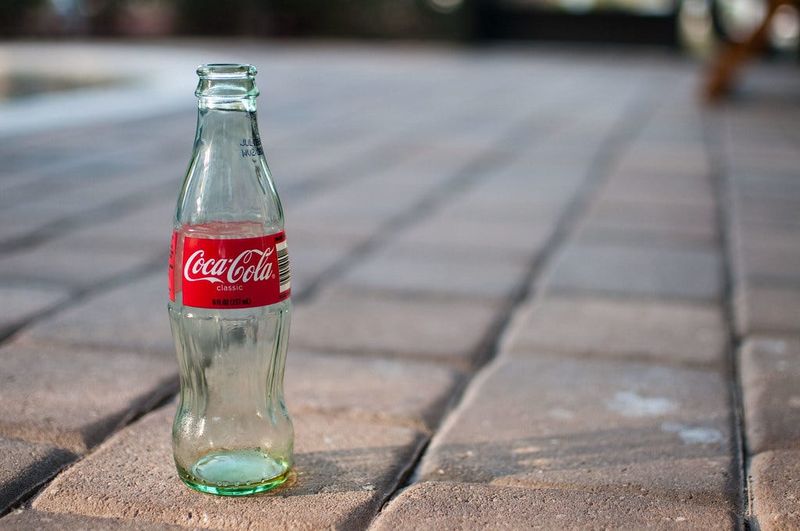
Before plastic ruled the world, sodas came in glass bottles that needed a little muscle to open. That fizzy psst as the cap popped off was basically summer in a sound — the promise of something sweet, cold, and delicious.
You’d hear it at picnics, birthday parties, or just on the back porch with your friends. The bottle opener’s clink and the rush of carbonation made every sip feel like a tiny celebration.
Now, soda comes in silent twist-tops or cans, but none of them have that old-school charm. For Boomers, that fizzy psst was the start of something good.
13. The whoosh and click of a Polaroid camera
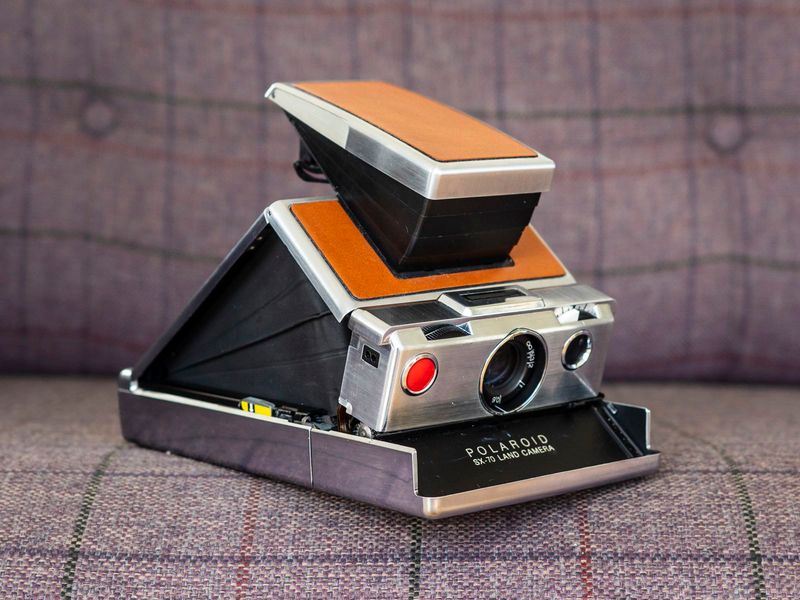
Snap! A Polaroid’s whoosh and click captured memories in an instant. The camera would spit out a picture with a satisfying mechanical sound, and everyone would gather around, waiting for the image to appear — sometimes shaking it like it helped, even if it didn’t.
Polaroids made every moment feel spontaneous and a little bit magical. No scrolling, no editing, just the anticipation of seeing what developed, flaws and all.
Today, Instagram filters try to capture the same vibe, but there’s nothing quite like the original. That whoosh and click was the sound of making memories you could actually hold in your hand.
14. The static-filled tuning of a radio dial
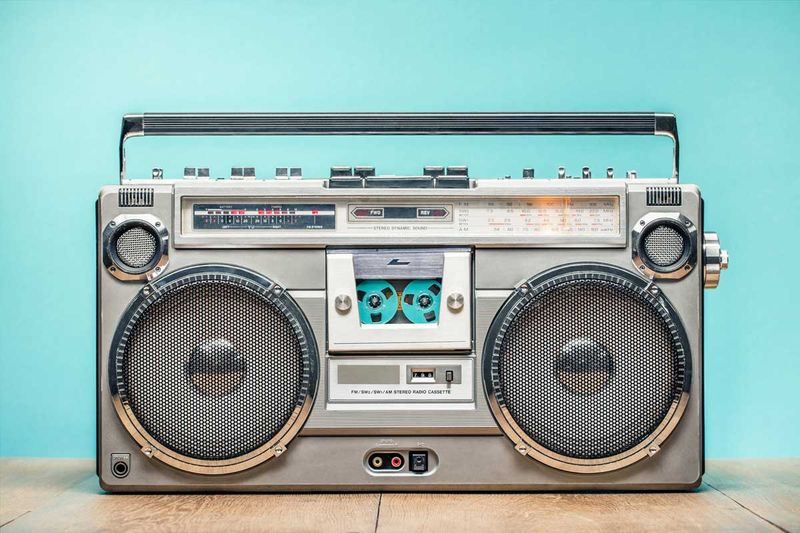
Finding the perfect radio station used to be an adventure, and static was part of the deal. Turning the dial, you’d hear bursts of music, voices fading in and out, and that fuzzy hiss that meant you were getting close.
Late at night, you might catch faraway stations or secret broadcasts — all buried under layers of static. The right song, found by accident, felt like a treasure.
Modern radios auto-tune quietly, but there was a thrill to hunting through the noise, waiting for your tune to break through. That static was the sound of possibility.
15. The low rumble of a car engine that needed to “warm up”
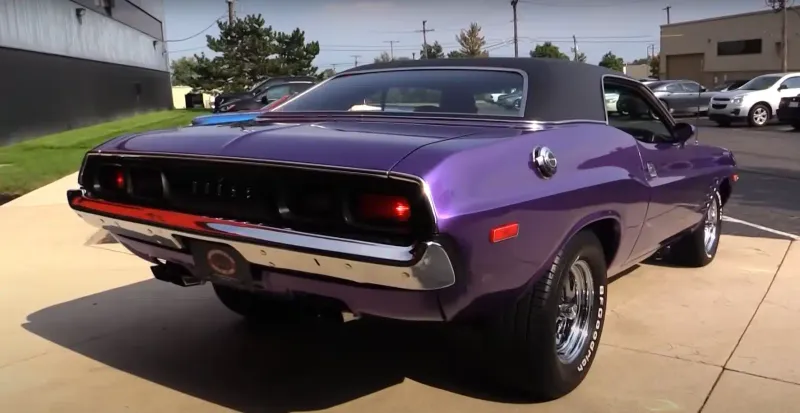
Starting a car in the morning wasn’t silent — it was a ritual of patience and hope. The engine would grumble, cough, and slowly settle into a steady rumble, especially on cold days. Sometimes you’d tap the gas and pray it wouldn’t stall.
Family members would wait inside, watching for the signal that the car was finally ready to go. It was noisy, sometimes stubborn, but it gave every trip a little suspense.
Push-to-start engines are quick and quiet, but they miss that whole warm-up drama. Boomers know: the car’s voice was often louder than the radio.
16. The hiss and pop of a needle skipping on a record
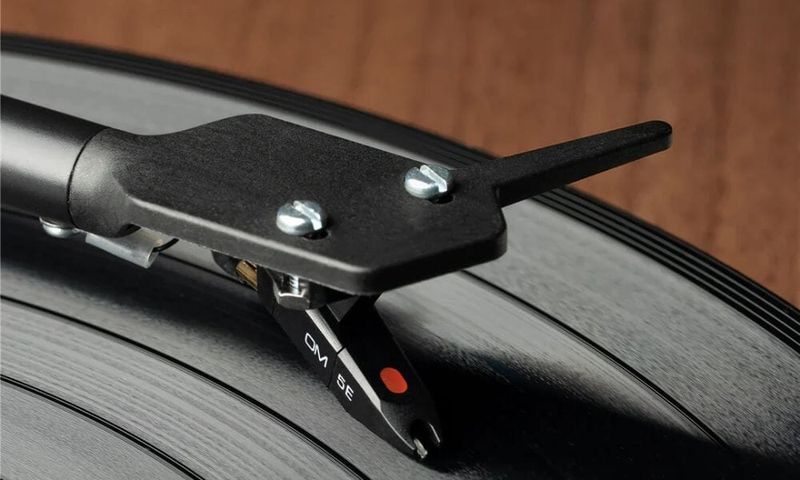
Few sounds could ruin (or define) a song like the sudden hiss and pop of a needle skipping. You’d be lost in the music, then — snap — the stylus would jump, leaving you scrambling to put things right.
Sometimes the skip became part of the song, so familiar you’d hear it in your head even years later. Friends would groan, siblings would yell, but nobody ever forgot where the skip happened.
Digital playlists are flawless, but they’re also kind of soulless. Boomers remember the drama, the annoyance, and the odd little charm of a skipping record.
17. The rhythmic flip of library catalog cards
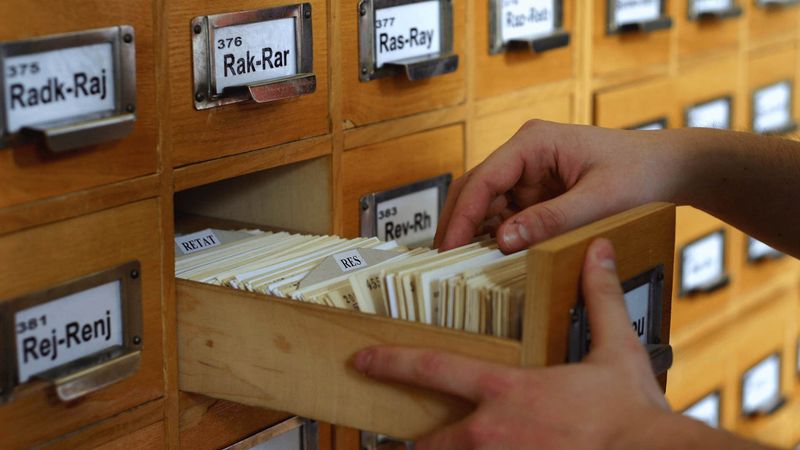
Research wasn’t always a click away. Before Google, every report started with the soft shuffle of fingers flipping through rows of card catalog drawers. There was a whole art to it: patience, curiosity, and the hope of finding that perfect book.
That rhythmic flip meant you were on a mission, and the library was your playground. The cards themselves smelled like dust and possibility — little paper tickets to a bigger world.
Now, databases are silent, but there’s nothing as satisfying as the sound of real searching. For Boomers, libraries weren’t quiet; they were alive with the hunt.
18. The ring of a landline phone — and everyone sprinting to answer
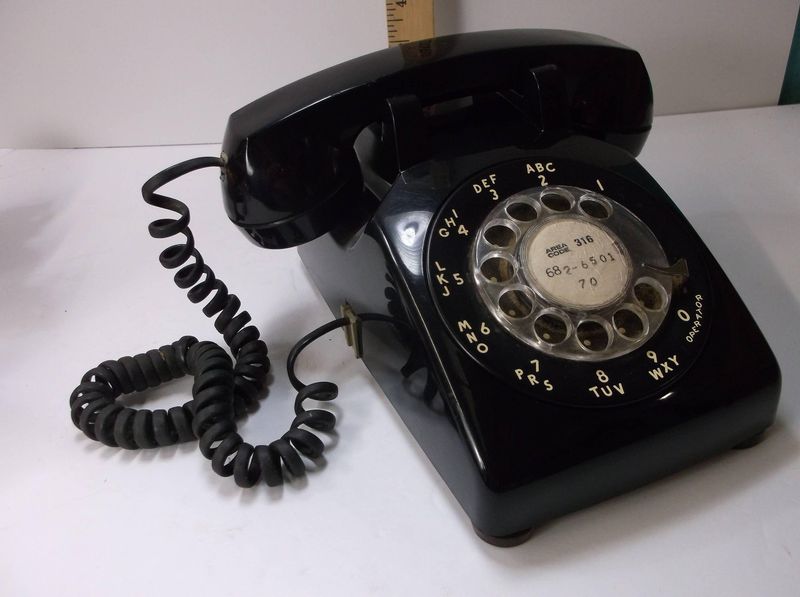
Phones didn’t just ring — they screamed for attention. That sharp brrrring would echo through the house, sparking a mad dash as everyone tried to get there first. No caller ID, no way of knowing who was on the other end — just a race and a little chaos.
Sometimes it was a neighbor, sometimes the school, and every now and then, something life-changing. Miss the call, and you’d be haunted by what you might have missed.
Cell phones are quiet and private, but that group sprint for the phone? That was peak family drama, and every Boomer lived it.

